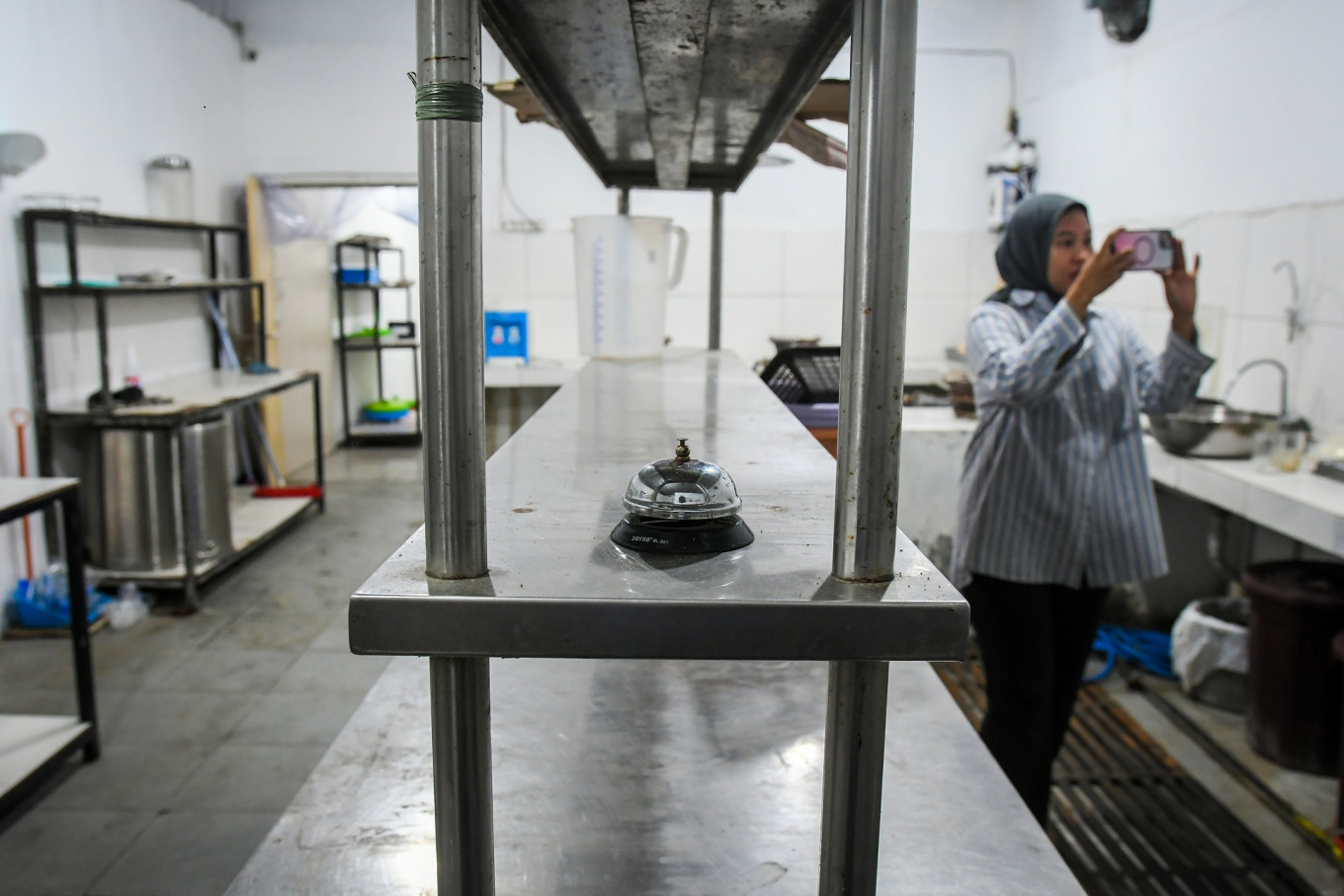Popular Reads
Top Results
Can't find what you're looking for?
View all search resultsPopular Reads
Top Results
Can't find what you're looking for?
View all search resultsOverhaul of the procurement mechanism for the free meals program
Universal free lunches can reduce social stigma, ensuring all students feel comfortable receiving meals without economic or health-related discrimination.
Change text size
Gift Premium Articles
to Anyone
S
ince its launch on Feb. 6, the free nutritious meal program has faced a series of fundamental challenges requiring a comprehensive evaluation. Allegations of embezzlement at the implementation level, lack of transparency in procurement, technical violations and the poor nutritional quality of meals indicate that the program's execution is far from ideal governance standards.
In this context, a total reset becomes a necessity. Procurement must be built on transparency and accountability principles; the rights of implementing partners must be upheld, nutritional quality standards must be maintained and the program's integrity must be protected from all forms of distortion or deviation.
The Government Procurement Policy Institute (LKPP) has provided electronic procurement systems (digital procurement processes through open tenders), such as the Electronic Catalog and Electronic Procurement System (SPSE), in accordance with Presidential Regulation (Perpres) No. 16/2018 on government procurement of goods and services, to ensure transparency, healthy competition and accountability.
By utilizing electronic procurement systems, the free meals program can maintain transparency and prevent issues like those that occurred in Kalibata, South Jakarta, where procurement was not conducted through an open tender process. This contradicts Perpres 16/2018, which stipulates that procurement worth over Rp 200 million must go through e-procurement.
The Kalibata case showed that procurement involved a direct partnership with the Berkat Nusantara Media Foundation (MBN). The lack of transparency in procurement led to disputes between kitchen owners and MBN over payments. Practices like this open the door to crony capitalism, where political proximity replaces sound market-based governance.
By contrast, the experience of Rome in 2001 found that market mechanisms do not necessarily sacrifice quality and fairness. Through the "quality revolution", Rome reformed its school lunch system by prioritizing seasonal, local, organic food and supporting global solidarity through fair trade. Rome regulated procurement to prevent market dominance and required suppliers to meet sustainability, cultural identity, social justice and labor standards.
However, the free meals program is now trapped in a race to the bottom, where instead of improving service quality, procurement mechanisms drive suppliers to cut prices to the bone. From the initial budget of Rp18,000 (US$1.09) per portion, the food price on the ground has dropped to around Rp10,000.



















